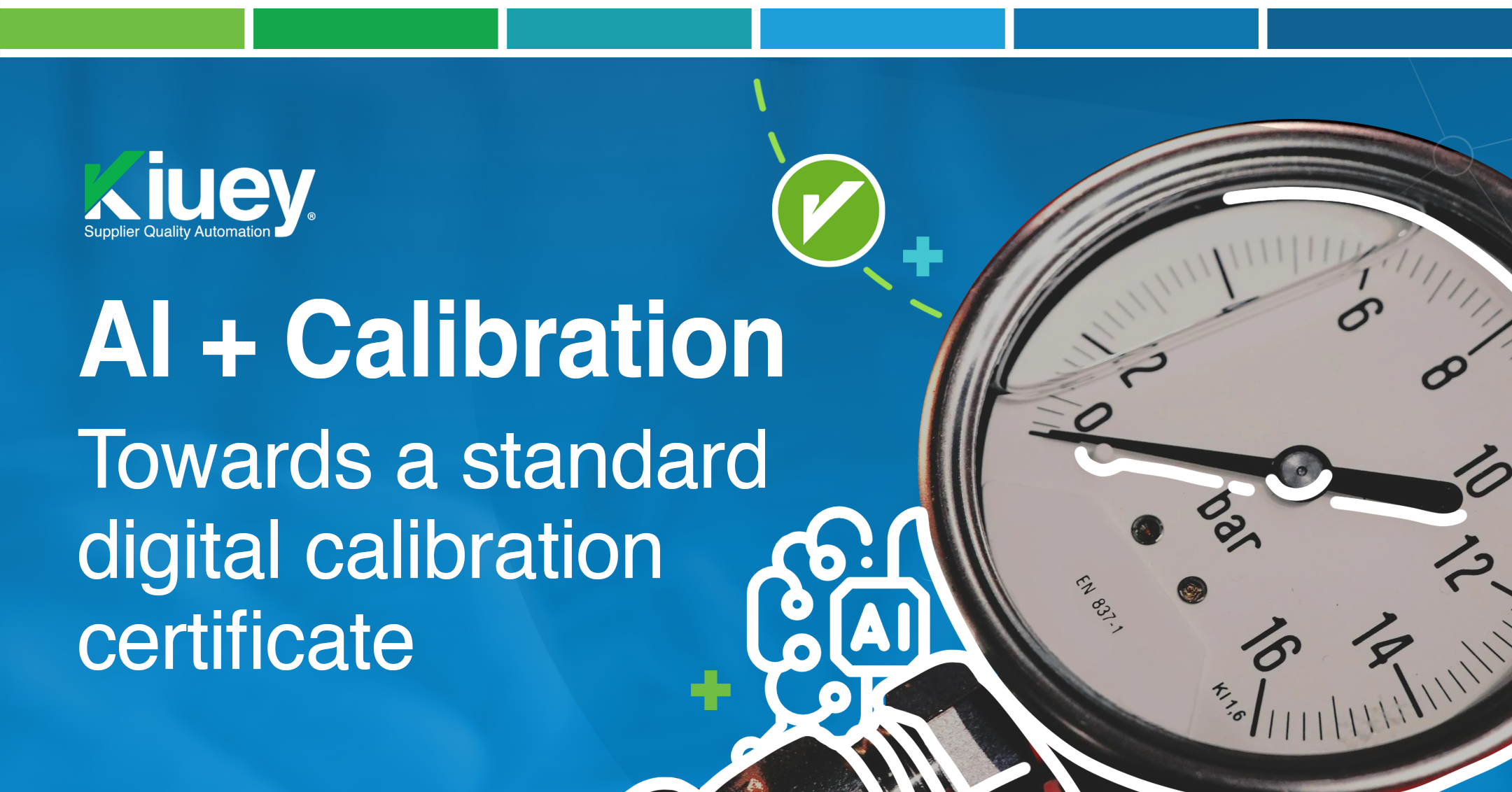
Calibration, a cornerstone of quality assurance in industries like pharmaceuticals, food and beverage, and chemicals, is undergoing a significant transformation. The emergence of digital calibration certificates (DCCs) and artificial intelligence (AI) is poised to revolutionize this critical process, streamlining it while enhancing accuracy and efficiency.
Here comes DCC
At the heart of this revolution lies the DCC. Unlike traditional paper-based certificates, DCCs enable the electronic storage and sharing of calibration results in a secure and authenticated manner. This digital shift facilitates machine-to-machine communication, allowing calibration data to flow seamlessly between equipment and relevant systems without manual intervention.
The benefits of adopting DCCs are manifold. Efficiency gains are immediate, as the time-consuming manual entry of data is eliminated. Additionally, machine vision coupled with AI can automate the collection of measurement readings, improving data quality and accelerating the calibration process. Interoperability is another advantage, as DCCs provide a standardized format for sharing calibration information across different organizations. Finally, the digital nature of DCCs ensures future-proofing, as they can easily adapt to evolving technological advancements.
Unlocking the AI power: digital calibration
AI, with its ability to analyze vast amounts of data and identify patterns, is a natural fit for enhancing calibration processes. By automating tasks, optimizing procedures, and improving accuracy, AI can significantly elevate the quality of calibration results. For instance, AI algorithms can analyze data from process measurements to identify anomalies and potential issues, enabling proactive maintenance and reducing downtime.
One of the key advantages of AI-assisted calibration is its potential to augment human decision-making. By combining human expertise with AI’s analytical capabilities, organizations can make more informed and precise decisions regarding calibration and process control. Furthermore, AI can help automate routine calibration tasks, freeing up human resources for more complex and strategic activities.
To fully harness the power of AI in calibration, it is essential to prioritize data quality. Accurate and consistent data is the foundation upon which AI algorithms can deliver meaningful insights. Regular calibration of measurement instruments using high-quality equipment is crucial in ensuring data integrity. Moreover, the transition to digital calibration processes is essential for providing AI systems with the necessary data in a usable format.
What comes in the near future
The convergence of digital calibration certificates and AI presents a promising future for the calibration industry. By embracing these technologies, organizations can achieve greater efficiency, accuracy, and reliability in their calibration processes, ultimately leading to improved product quality and safety. As AI continues to advance, its applications in calibration will undoubtedly expand, further transforming the way industries approach this critical aspect of quality assurance.
Credit: Quality Magazine
Subscribe to our newsletter.
Your go-to destination for insights, best practices, and innovative solutions in supplier quality assurance.
Categories
Let's talk to see how PPAP Manager can help your company to save time and money.




